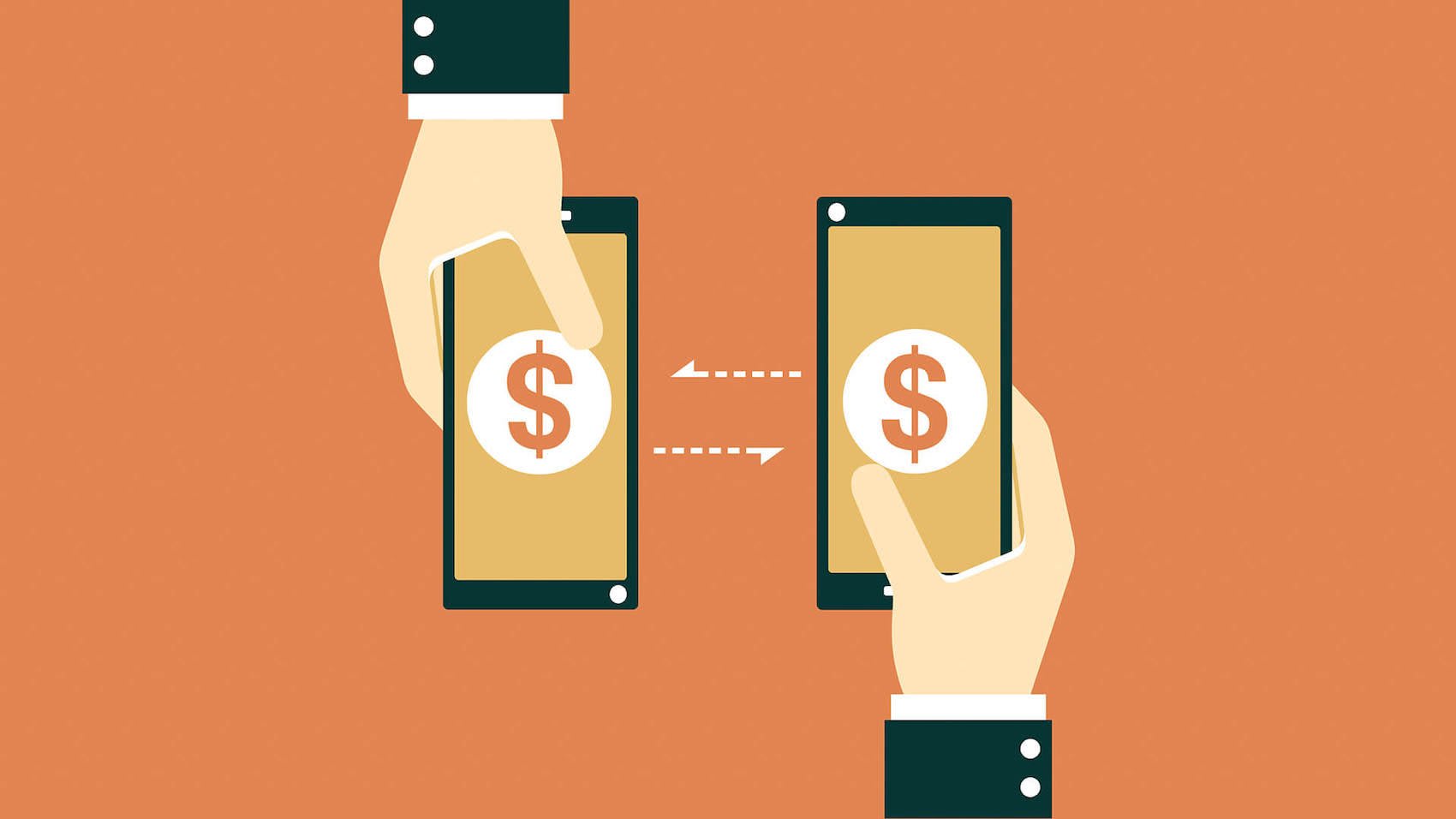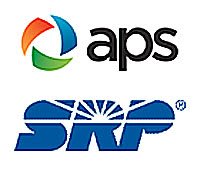There are a lot of details that go into the purchase of a home that can be intimidating for the seasoned home buyer, much less a first-time homebuyer. Here we share some tips, tricks and explanations of several of the things that our first time home buying clients had questions about.
Wiring Your Closing Funds. Where is My Money Going?

A wire transfer is a method of electronic funds transfer from one person or entity to another. This is the generally preferred way you transfer your earnest money and closing funds to the title company or you can also write a personal check. Let’s be honest, most people these days do not have checks nor know how to wire funds. Since everything is electronic these days, a wire transfer is the quickest way to transfer your funds. The title company will give you instructions on how to transfer the money to their account. You may be wondering, how do I do this? Do I need to go to the bank? The answer is, it depends. Most banks allow you to do the wire transfer directly from your online banking account. If the amount is too large, some banks put a limit on how much you can transfer from your account at one time for security reasons. If that is the case, you will need to go to your bank to have them complete the process. Follow the instructions from the title company closely and confirm with them because along with everything else, there is wire fraud. Don’t be scared to reach out to the title company multiple times to confirm your transfer. It is part of their job to guide you in ensuring the funds are transferred correctly. Being a first-time homebuyer, it can be scary transferring that much money. Don’t be afraid to triple check everything to make sure you wire to the correct company. A wire transfer is money taken out of your account immediately and transferred to the title company’s account. It might take a couple hours or even a day for the title company to receive your funds, but call to make sure they notify you once received.
I have run into instances where a bank required the buyer to physically be at the bank to make the transfer but they were out of state at the time and there was no local branch of their bank where they were. This delayed the closing because the buyer assumed that they would be able to make the transfer remotely or online. Each bank's requirements are different so make sure you check with your bank in advance if there are any special circumstances regarding your transfer or you are planning on being out of town.
Speaking of being out of town. Do we need to be present for the closing of our new home?
While most first time homebuyers do not want to miss being there for the closing of their home, work or other commitments may prevent them from being in town at the time of their closing. Contract Tip: The Arizona Purchase Contract stipulates that loan documents be signed by the buyer three days prior to close of escrow. While this is the ideal, frequently loan documents are signed up until the actual day of closing depending on the lenders funding policies. If you are not going to be in town for closing, advance notice of this must be provided to your agent, the lender and title company so that they can properly prepare. Your loan documents will be sent to the title company who then compiles and prepares them for your signatures. Once this is complete they will make arrangements for a mobile notary where you will be and have the documents sent to them. Once signing is complete, time needs to be allocated to have the documents overnighted back to the title company who checks them and scans them back to the lender for final review before they will release your closing funds to the title company for recording. They send these funds in the form of a wire, so as we discussed above, a wire can take an hour or even in rare instances up to a day to be received so allowing enough time for all of this back and forth and processing times is essential to ensure an on time closing. A good title company is a master at navigating the behind the scenes of this process but they only have so much control. So doing your part to stay in good communication with your team is essential.
But Let’s Backtrack, What Do We Need to Do Prior to Closing to Ensure a Smooth Process?
Amy - Loan Officer, Laura - Agent, Katie - Buyer, Zach - Buyer, & Jessica - Escrow Officer.
Your agent should be guiding you through all of the steps in the home buying journey to ensure that nothing gets missed but there are a lot of details so don’t be afraid to ask if you are uncertain of anything. Below is a checklist of the to do items common in the final stages before closing:
Set-up utilities: Sometimes the service providers may not be as apparent as you might think as some communities are serviced by private water companies, etc. So calling early will help ensure that there are no interruptions in your service. Keep in mind that if your home has gas service, that the transfer of this particular utility in the greater Phoenix area can take a week or more so it is best to call in advance to ensure that you potentially are not going without hot water or heat when you close on your home.
Contract Tip: The Arizona Residential Purchase Contract stipulates that the seller leaves the utilities on through the closing date so that the buyer is able to conduct their final walkthrough of the home with all utilities on. Definition: Final Walkthrough - The Arizona contract includes a clause that allows you to examine the property before closing to ensure that any corrections or repairs agreed to by the Seller have been completed and that the premises are in substantially the same condition as of the date of contract acceptance. Even if you did not request any repairs, it is important to do this final walkthrough of the home to ensure that nothing was damaged during the seller’s move out, that no adverse conditions were hidden by the seller's possessions and that included items and/or the fixtures of the home are still there. You will also want to make sure that all conditions of the sales contract have been met. If all the terms and conditions of the sales contract have not been met, or you observe major problems, you have the right to delay the closing until the problems are corrected. One other option is to make sure the money to correct the problems is placed in an escrow account at closing to cover the cost of repairs.

Is it normal for utility companies to ask for my social security number?
If you have never had utilities in your name before, then it is normal for the utility companies to ask for your social security number. You will also likely be asked to pay a deposit to open your utility account as a new customer or based on your credit rating.
-
Select a home warranty company and any additional options/features that are important to you. Most home warranty companies have sales representatives that know all of the ins and outs of the home warranty policies and are happy to guide you through the features that will best meet yours and your home's needs. TIP: They can also guide you in the things you need to do to maintain your home to ensure that you do not have any denied claims, such as changing the air filters and having your AC unit serviced regularly.
-
Do not make any large purchases or changes to your income or employment prior to closing! The lenders will be checking your credit and verifying your employment again just prior to the close of escrow and any major changes could make you ineligible for your loan! So wait to purchase that new furniture set until after closing.
-
Ask your Realtor to find out from the sellers about any needed passwords, keys and/or instructions for the home. Contract Tip: Ring Doorbells and the wall mounts for TV’s (not the actual TV’s) are fixtures that are to be left with the house unless otherwise specified. Ask for a list of their service providers such as landscape, house cleaning and pool service to see if you would like to continue service with them since they are already familiar with the home. Ask what the trash and recycle days are, where the mailboxes are and what box number it is and any other details that might be helpful for transitioning into your new home.
While this is certainly not an exhaustive list of all of the things that go on throughout the home buying journey, these are a few of the highlights that our first time homebuyers experienced and asked questions about. Your agent, your lender and your title company are all part of your team working towards getting you into your first home! There is a lot of coordination and communication that is needed between all of these parties to ensure that things go smoothly. Even if you think something is inconsequential, it is still very important that you let your agent know. Examples of this might be:
-
You are getting some money from your parents or relatives to help with your closing costs
-
You have been saving your tip money in a jar for years and deposit it into your bank account to help with your down payment.
-
You are going from a W2 employee with your company to a 1099 employee.
-
Or any other things that you would not think twice about as having an impact on your home purchase and ability to qualify for your loan.
It is better to over communicate and your Realtor can help you determine if it is something that is important to share with your team. But the common theme here is that it is important to have a solid team of professionals assisting you in this journey and that you communicate with them openly to ensure a smooth transaction.
Make sure to join us for Part 3 where we will cover what happens next after closing.
As always, we are here for all of your questions, so please feel free to reach out anytime!














